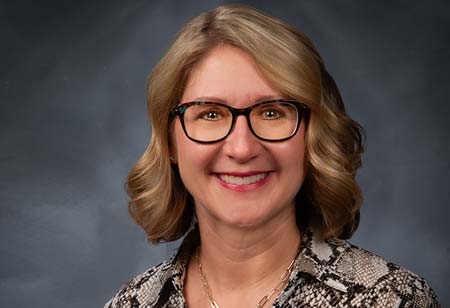Considering the interplay of cultural norms, values, and societal dynamics in the US and Canada, what sustainability-related challenges would arise for the region?
Different environmental, social, and corporate governance (ESG) regulatory frameworks exist worldwide, like those of the European Union, the United States, and the United Kingdom, resulting in a lack of regulatory consistency. It can therefore be challenging to harmonize standards and cultivate discussion with employees, customers, and suppliers to create a robust framework of behaviors for sustainability and environmental protection. In the US and Canada, there are many opportunities to further promote sustainable consumption habits and initiatives to influence the region’s role in improving global sustainability. Vitesco Technologies supports the idea of greater regulatory consistency and focuses on in-house sustainability initiatives. Our goal is to find innovative solutions that bridge the gap between habitual behavior and eco-friendly alternatives despite the challenges of variable regulatory landscapes. We believe our company can make an impactful contribution to innovative, sustainable solutions in the region. We are ready to meet the increasingly demanding sustainability measures from customers and suppliers including a wide range of environmental metrics.
How are you addressing these challenges?
Our goal is to find innovative solutions that bridge the gap between habitual behavior and eco-friendly alternatives despite the challenges of variable regulatory landscapes
It is important to build awareness for sustainability among our employees and to educate people to foster an understanding of the environmental and social impacts of our individual and collective actions. Learning about ESG topics helps our team focus on the right projects, or on how best to navigate a new project to support our corporate sustainability goals. In building this knowledge, we are starting at ground level: For example, we educate our employees about ways to avoid single-use plastic in our cafeterias and plastic water bottles and disposable coffee cups in general. To make it easier for them to make sustainable decisions, we give out reusable mugs to every employee.
Can you give us another specific example of how you are increasing employees’ sustainability awareness?
Sure. Our Auburn Hills Cafeteria—Our global target is to reduce waste at all our sites by 2% per year. To achieve this, we want to eliminate single-use plastics in our cafeterias, so as to significantly reduce the waste sent to landfill. The cafeteria in Auburn Hills serves as our pilot project at this location. To raise awareness among our colleagues there, instructions were emailed to everyone outlining the new on-site sustainability and waste reduction processes. Additionally, a location-specific Standard was published and shared with all employees, describing the new processes.
Short Bio
Angela Cook, PE, CSP is an experienced Corporate Environmental, Health, Safety, Security and Sustainability Manager with over 32 years of experience (20 years in consulting, and 12 years in automotive). She holds a master’s degree in environmental engineering from Michigan State University and is recently finishing the Corporate Sustainability Program at MIT. Angela focuses on team leadership and compliance across multi-site and multi-country programs while balancing risk and financial considerations against environmental and employee safety concerns. She is a driver of continuous improvement by focusing on optimizing sustainability and EHS programs with regular reviews and analytical assessments of options and targets. Works diligently at cultivating positive relationships and exceeding goals. She contributes to the CO2 neutrality roadmap with targets for clean mobility, climate protection, resource efficiency and circularity, responsible sourcing, and occupational safety & health in support of reporting requirements including CSRD.


